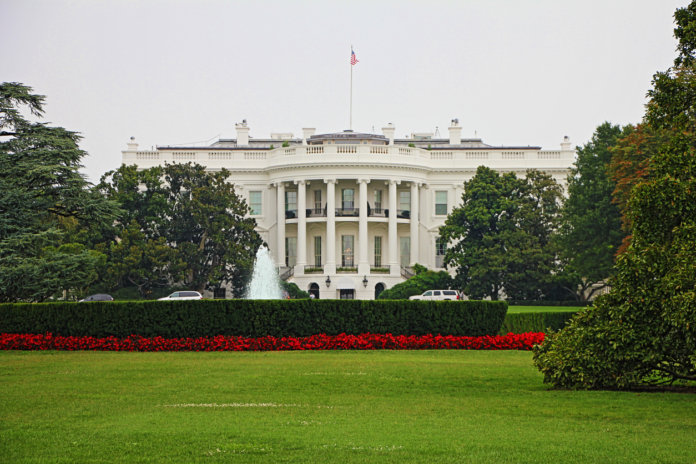President Donald Trump’s fiscal year (FY) 2018 budget proposal includes cuts to several federal agencies, including the U.S. Department of Energy (DOE), the Department of Transportation (DOT) and the U.S. Environmental Protection Agency (EPA), reducing available funding for several programs that are advancing markets for clean transportation solutions.
According to the budget, the DOE faces a $1.7 billion cut (5.6%) in discretionary spending to a proposed $28 billion; the DOT faces a $2.4 billion cut (12.7%) to $16.2 billion; and the EPA is set for the largest reduction, with a $2.6 billion cut (31.4%) to a proposed $5.7 billion.
Specifically for clean transportation, the president’s budget would do the following:
- Eliminate the DOE Clean Cities Program, the agency’s only initiative focused on the deployment of alternative fuels, vehicles and infrastructure.
- Cut the DOE Vehicle Technologies Program by more than 73% from $307 million to only $82 million. This program supports critical research and development to advance battery, electrification, and natural gas and propane vehicle technologies.
- Cut the EPA Diesel Emission Reduction Grants by 83% from $60 million to $10 million.
Part of the DOE’s Vehicle Technologies Office, the Clean Cities Program supports local actions to cut petroleum use in transportation by promoting alternative and renewable fuels, such as natural gas, propane, electricity, E85, biodiesel and hydrogen; technologies and strategies that improve fuel efficiency; and idle reduction and other fuel-saving practices.
The program has saved more than 8.5 billion gallons of petroleum since its inception in 1993. As of now, Clean Cities is on track to meet its goal of saving 2.5 billion gallons of petroleum per year by 2020.
Notably, while the overall DOE budget has been reduced, the budget for the National Nuclear Security Administration provides a $1.4 billion (11%) increase above the 2017 annualized level.
U.S. Secretary of Energy Rick Perry has released a statement on the proposal, asserting that the budget “reflects the importance of strengthening our nuclear capabilities and places an emphasis on early-stage energy technology research and development.”
“As we refocus resources, we will continue to utilize our national laboratories for cutting-edge science in order to improve both our energy and national security,” he continues. “I look forward to working with Congress as the budget process moves forward.”
As would be expected, clean transportation companies and other renewables advocates are pushing back against the proposal.
According to Transportation Energy Partners, this budget, if implemented, would “decimate support” for clean transportation programs.
Transportation Energy Partners is urging everyone to make a formal request to the Energy and Water Appropriations Subcommittee to include the following in the FY 2018 Energy and Water Appropriations Bill:
“Within available funds, the committee recommends $50,000,000 for Outreach, Deployment and Analysis to support the Clean Cities Alternative Fuels and Vehicles Deployment Program. Within this amount, $40,000,000 is provided for deployment through the Clean Cities Program, including at least $20,000,000 for competitive grants to support alternative fuel, infrastructure and vehicle deployment activities. When issuing competitive grants, the department is encouraged to focus on awards that range from $500,000 to $1,000,000 each and include at least one Clean Cities coalition partner. The department is encouraged to ensure balance in the award of funds to achieve varied aims in fostering broader adoption of clean vehicles and installation of supporting infrastructure.”
Congress will ultimately decide how much to allocate to these federal programs. Budget hearings will be held during the coming weeks, and they will begin making funding decisions in June.
Click here for the White House budget report and here for the DOE budget.





